“South Africa is a ‘gold mine’ for Korean businesses wanting to invest overseas”
By Publisher Lee Kyung-sik, Business Editor Sung Jung-wook, Reporter Ms. Lee Ji-hyun
“South Africa is a ’gold mine’ for the Korean business people wanting to invest overseas countries.” So say many Korean businessmen who have had business with South Africa.
Most recently, this was substantially attested to in an interview of The Korea Post media with Economic Counsellor Seema Sardha of the Embassy of South Africa in Seoul.
She disclosed that there are many areas where Korean business people can invest in her country. They included: (1) agriculture and agro-processing, (2) nining and minerals beneficiation, (3) manufacturing, (4) advanced manufacturing, (5) services, and (5) infrastructure.
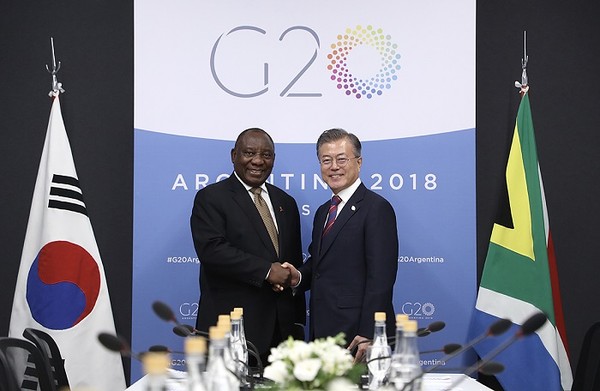
South Africa is a very special country to Korea. In particular, President Moon Jae-in of the Republic of Korea takes special interest in the promotion of ties with South Africa in the economic, political and various fields.
President Moon Jae-in had a summit meeting with President Cyril Ramaphosa of South Africa in Buenos Aires in Argentina on Dec. 2, 2018, and expressed his gratitude to President Ramaphosa for the warm support given to Korea by South Africa for the effort of denuclearization of the Korean peninsula and concrete peace in Korea.
President Moon said, “South Africa voluntarily gave up its nuclear program for the promotion of stability and peace in the region and I trust that it would play the role of a model for North Korea for the realization of Korean peninsula free from nuclear weapons.” President Moon then asked President Ramaphosa, “We would greatly appreciate it if South Africa would kindly extend help to North Korea so that it would follow the example of South Africa who gave up the nuclear weapons program.”
President Moon then said that South Africa dispatched troops to Korea during the Korean War (1950-3) to fight on the side of the Republic of Korea for the defense of freedom and democracy of the ROK. President Moon then said that South Africa was the largest trading partner in Africa for Korea and vowed unreserved efforts on the part of Korea to increase cooperation with South Africa in the political, economic and various other fields.
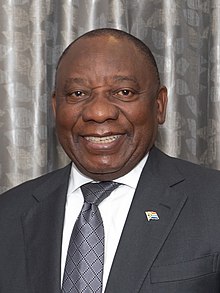
In response, President Ramaphosa of South Africa said that the Republic of Korea was a very important partner for South Africa and that his country hoped that South Korean businesses would increase their investments in South Africa as they would greatly help the country solve economic and various other problems.
Details of the interview with Ms. Sardha follow:
Question: What are the areas in your country where you want Korean companies to invest and what are the areas where you wish your businessmen to invest in Korea?
Answer: There are so many areas where Korean businesses can invest in Africa. The sectors that present investment opportunities for South Korean companies in South Africa include:
Agriculture and agro-processing: Fruit and vegetable packaging & canning, fruit juice processing, processing of soy-based products, processing of organic, vegetarian, dehydrated foods, meat processing, aquaculture, expansion of dairy value chain, high-value additives and nutraceuticals, non-edible oil processing, crop production for feedstock into bio-fuels processing, indigenous plant and flower growing.
Mining and minerals beneficiation: Coal-bed methane: coal-to-liquid; coal ash utilisation to address acid mine drainage; carbon capture and storage; Manganese value chain development; Vanadium as a strategic input to energy storage; development of titanium value chain, especially titanium dioxide; Ferrochrome production, revitalising chrome value chain; PGMs beneficiation, development of fuel cell industry.
Manufacturing: Motor vehicles, parts, accessories; other transport equipment (e.g. heavy vehicles, aircraft, vessels, rail equipment); machinery and equipment; metals fabrication; chemicals, plastics; pharmaceuticals; footwear, leather industries; clothing, textiles; fast-moving consumer goods.
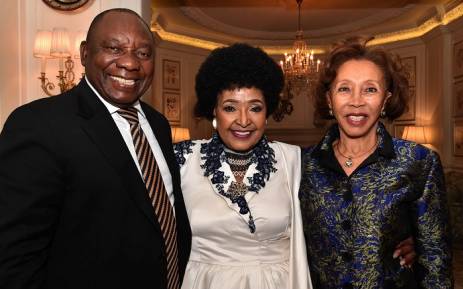
Advanced Manufacturing: Fuel cells; energy storage; electronics; aerospace and defence industries; medical devices and emerging tele-medical instrumentation; speciality chemicals, including biochemical; additive manufacturing, including 3D printing.
Services: Tourism; business process outsourcing; financial and insurance services; Internet of Things-related opportunities; film production and support services; oceans economy-related services (e.g. shipbuilding, repairs, maintenance).
Infrastructure: Energy generation infrastructure, including renewables; energy efficiency; transportation and logistics infrastructure; water infrastructure; telecommunications infrastructure; agro-logistics and rural infrastructure and recycling.
South Africa has one of the most open economies in the world with a ratio of exports and imports to GDP exceeding 58%. The Government launched the Integrated National Export Strategy which aims to capture 1% of total world exports by 2030 in value. The strategy highlights the following sectors to yield the highest propensity for export success and provide import opportunities for South Korean companies:
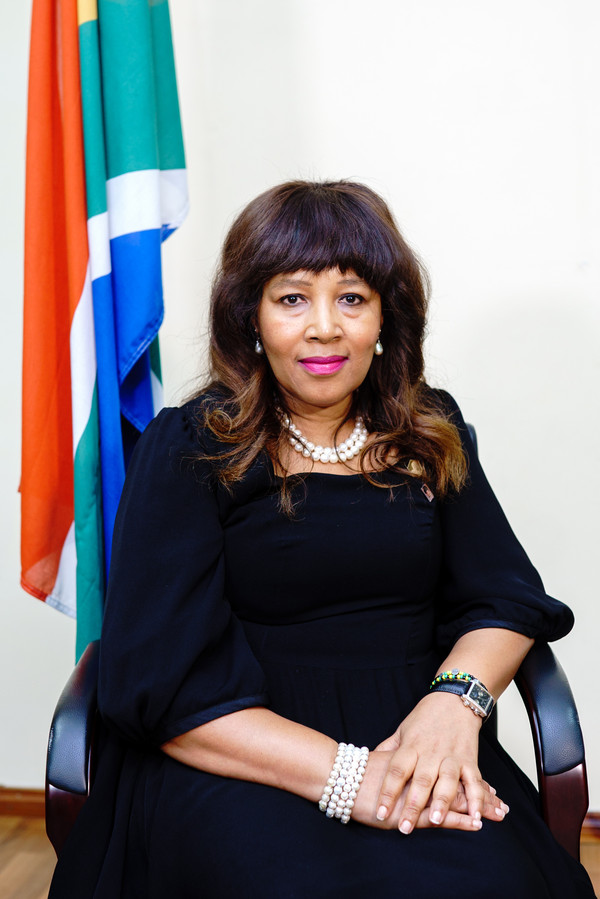
Agro-processed goods: Fresh or dried oranges; frozen fish; wine of fresh grapes, including fortified wines; peaches, including nectarines, prepared or preserved; apple juice, unfermented; beer made from malt; and orange juice, unfermented, whether or not containing added sugar.
Aerospace and defense: The aerospace industry in South Africa has an advanced commercial and military aviation sector specializing in air traffic management; aircraft materials, parts and components; systems manufacturing; integration; propulsion avionics; sensors; ICT systems; maintenance, refurbishment and overhaul; and research and technology. In terms of defense land-based armaments and equipment, South Africa has world class expertise in building armoured vehicles.
Boatbuilding and repairs.
Automotives: Parts and accessories for tractors and motor vehicles for the transport of ten or more persons; parts suitable for use solely or principally with compression-ignition internal combustion. Clothing and textiles, leather and footwear. Green industries. Electro-technical including software and white goods.
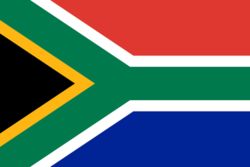
Metal fabrication, capital and rail transport equipment: Machines and mechanical appliances; machinery and apparatus for filtering or purifying gases (excluding isotope separators); equipment for scaffolding, shuttering, propping orpit-propping (excluding composite sheet piling); parts of air conditioning machines, comprising a motor-driven fan and elements for changing.
Plastics, pharmaceuticals and chemicals: Chromium trioxide; light oils and preparations of petroleum; chemical wood pulp; beauty or make-up preparations and preparations for the care of the skin (other than medicaments).
Q: What are the Korean products and services that your country might wish to import?
A: Automobiles, automotive tyres, woven fabrics, apparel as well as industrial electronic and consumer electronic goods.
Q: Who are the major Korean companies actively engaged in bilateral economic cooperation between the two countries? Please introduce them in detail in the order of size and scale of business activities.
A: Large South Korean automotive, electronics and appliance companies have established distribution and service centres in South Africa. These include Samsung, LG and Hyundai, to name a few.
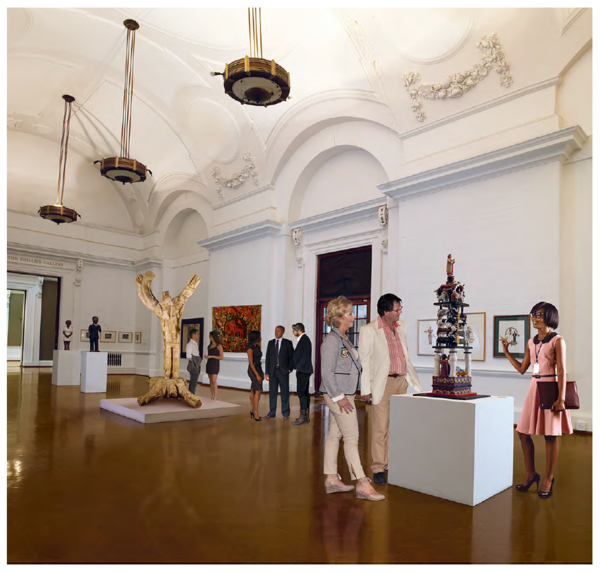
Q: What is the present volume of bilateral trade, its outlook in the next 12 months?
A: South Africa is South Korea’s largest trading partner in Africa while South Korea is South Africa’s fourth largest trading partner in Asia. Total trade amounted to US$2.3 billion in 2020 with the trade balance in favour of South Africa. South Africa’s exports have also demonstrated an upward trajectory over the years despite the negative economic impact of the Covid-19 pandemic.
The trade basket encompasses a broad range of products ranging from minerals, semi-finished products to sophisticated high-technology electronic products. South Africa has traditionally been a large supplier of bulk raw materials and semi-processed minerals and metals essential for numerous production processes in Korea. The top export category items to South Korea comprising mineral fuels (coal, ferro-chromium, ferro-manganese) ores, slags and ash, iron and steel (iron ore, stainless steel, lead, copper, nickel and zinc) contributed close to 50% of our total exports.
South Korean exports to South Africa on the contrary are predominantly made up of value-added or manufactured products including automobiles, automotive tyres, woven fabrics, apparel as well as industrial electronic and consumer electronic goods.
The following actions are viewed as key in growing the trading relationship between South Africa and South Korea:
Undertake promotional initiatives in both countries including conferences, exhibitions, outward selling missions, trade and investment seminars to create awareness regarding the opportunities for collaboration.
Regularize communication exchange between respective authorities to ensure compliance with respect to standards, customs regulations and policy enactments.
Exchange trade experts to further disseminate information amongst the respective business communities in Korea and South Africa.
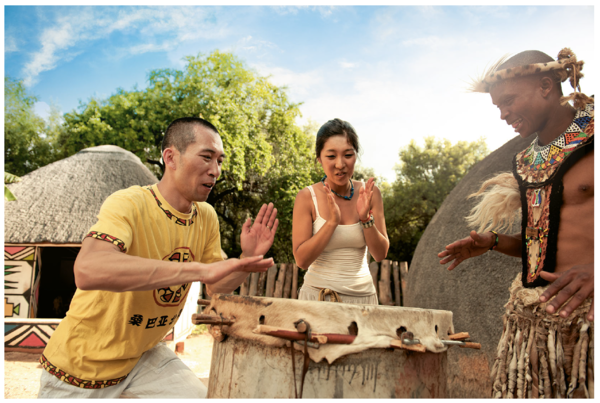
Q: Who is the Head of Government of your country? Please present him in detail, including his major achievements.
A: The current President of South Africa is Mr Matamela Cyril Ramaphosa, who was appointed on 15 February 2018.
Mr Ramaphosa began his university studies in South Africa in 1972, where he became involved in student politics and joined the South African Student Organisation (SASO) and the Black People's Convention (BPC). As a student, he was detained twice (in 1974 and in 1976) and imprisoned. Following his studies, he became active in the trade union movement and was elected as the first General Secretary of the National Union of Mineworkers in 1982. In 1991, he was elected Secretary-General of the African National Congress (ANC) and led the team that negotiated the transition to democracy with the white minority government in that capacity. Following the first democratic elections in South Africa in 1994, he was elected as Chairperson of the Constitutional Assembly, which wrote the country's new democratic Constitution.
Mr Ramaphosa moved into the private sector in 1996 and became the Executive Chairperson of the Shanduka Group, which he founded in 2001. He also became the First Deputy Chairperson of the Commonwealth Business Council.
He returned to public service in 2010 when he was appointed as Deputy Chairperson of the National Planning Commission, of which he was appointed as Chairperson in 2014. In December 2012, he was elected as Deputy President of the ANC, after which he served as Deputy President of the Republic of South Africa from 25 May 2014 until his appointment as President on 15 February 2018.
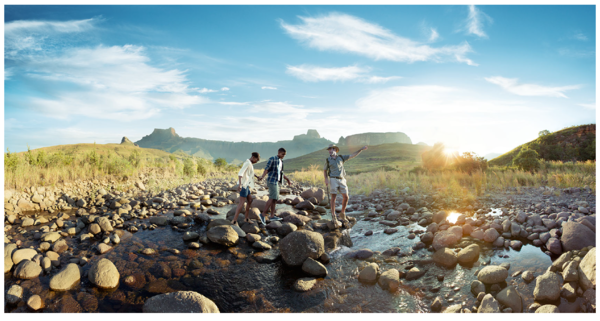
Q: What is the significance of your National Day? As this interview is conducted on the occasion of your National Day, please elaborate.
A: South Africa’s National Day is referred to as Freedom Day and is celebrated on 27 April in commemoration of the first democratic elections held in the country on that day in 1994. The entire month of April is celebrated as Freedom Month to reflect on progress made thus far in transforming the South African society, while also examining the challenges remaining. This year, Freedom Month is celebrated under the theme “The Year of Charlotte Maxeke: the Meaning of Freedom under COVID-19”. Charlotte Makgomo Maxeke (7 April 1871 – 16 October 1939) was a South African religious leader, social and political activist and the first black woman in South Africa to obtain a university degree, a B.Sc from Wilberforce University Ohio in 1903, as well as the first black woman to graduate from an American university.
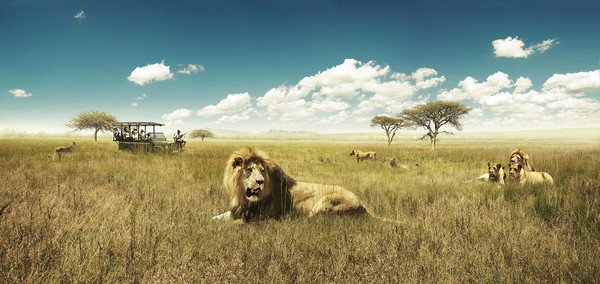
Q: What are the most important festive days in your country? Please elaborate.
A: They are:
21 March - Human Rights Day
27 April - Freedom Day
16 June - Youth Day
9 August - National Women's Day
24 September - Heritage Day
16 December - Day of Reconciliation
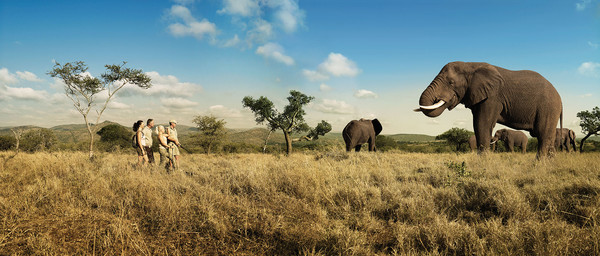
Q: Korean people, especially the up-and-coming Korean businessmen need rest and recuperation. What are your tourist attractions?
A: South Africa certainly has all the attractions to entice South Korean travellers to choose it as their next destination. Known to many across the world for its amazing wildlife and natural beauty, superb local cuisine, warm hospitality, world-class facilities, adventure, diverse experiences and great weather, South Africa has also become a popular destination for another reason – its appeal as a business destination. In this regard, the International Congress and Convention Association (ICCA) in 2017 ranked Cape Town as the number one city in Africa for business tourism, which placed it among the top 40 destinations for business tourism in the world.
Among the most popular experiences in South Africa are the following:
Scenic Splendour and Serenity – South Africa is blessed with spectacular scenery and natural landscapes - mountain peaks and passes, dense and ancient forests, miles of unspoiled coastline, rivers to sooth or thrill you, and rolling flower fields and grasslands of every hue. Places to inspire you, places to explore or to simply revel in the joyous gift of nature.
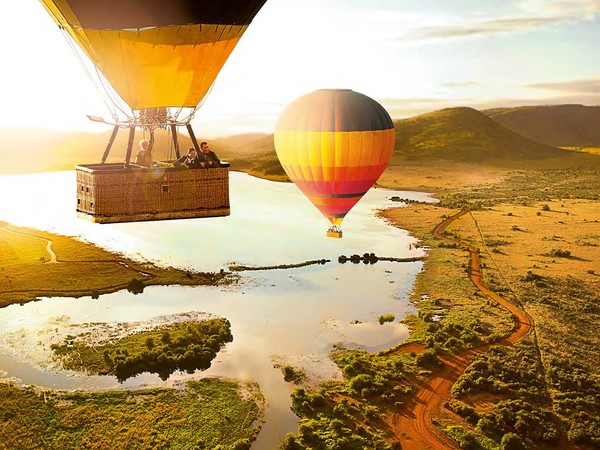
Wine Tasting – With wine regions stretching from the Western to the Northern Cape and the edge of the Karoo you can almost taste your way around South Africa. Sample at well-known estates or seek out little-known gems. Where there’s fabulous wine, great food is never far behind. Oenophiles, gastronomes and sybarites – don’t miss our winelands.
Five-star Safari – At award-winning safari lodges in Mpumalanga, Limpopo and the Eastern Cape, the bush equals bliss. Luxury, impeccable service and cuisine, soothing spa’s and superlative wildlife encounters add up to safari adventures that will exceed your wildest expectations.
Struggle Sites – South Africa’s struggle for democracy continues to inspire and touch the lives of millions. Visit our top struggle sites and museums and be a part of our journey to freedom as you walk in the footsteps of some of the greatest living freedom icons in history.
Magnificent Marine – Where else can you sail beside a whale, go eye-to-eye with wild Tiger sharks, cage-dive with Great Whites, be charmed by urban penguins, snorkel beside whale sharks and be entranced on a moonlit beach as new-born turtle hatchlings make their bid for life in the ocean?
Cultural Encounters – Experience cultural interactions that are real and inspiring. Whether you spend a day in a Zulu village or a city township; a week in a Xhosa household or escape to a typical South African farm, you’ll find South Africans are friendly and their day-to-day lifestyles and customs accessible. Short or long stay – you’re welcome!
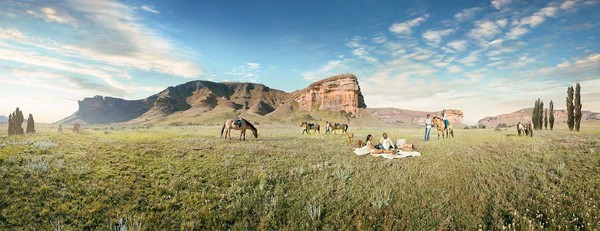
Outdoor Rush – Beautiful weather, spectacular locations, awesome scenery, and record-breaking, mega-thrill adventure mixed in – that’s how we’ve earned the title the Adventure Capital of the World.
Urban Rhythm – Feel the energy of our cities, catch the beat of Afro-pop, hip-hop or jazz at a shebeen or all-night club, play in our casino’s, visit our museums, be entertained in our theatres. Shop, dine and follow the pulse of our rhythm to your next urban African adventure.
Your South African Feast – From traditional comfort food to Michelin-star dining; a hearty shebeen buffet or a gourmet banquet beneath a star-strewn African sky, let your taste buds take you on a journey of discovery with mouth-watering South African soul food.
Indulge your senses – Relax and rejuvenate the South African way. Cocoon yourself in calming treatments and soothing therapies. Scented traditional balms made with indigenous oils and ingredients will have you stress-free and feeling like African royalty in no time.

